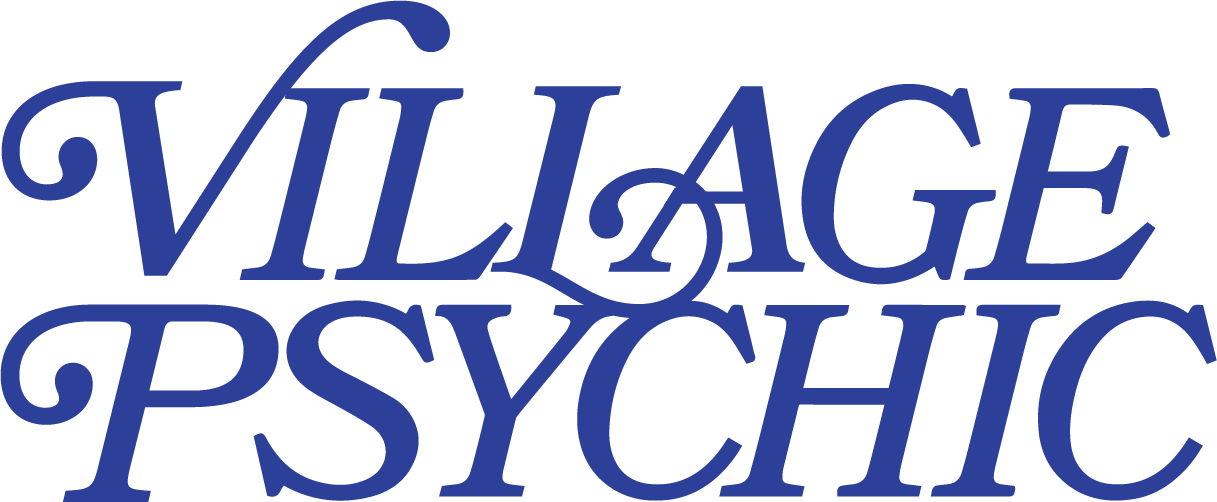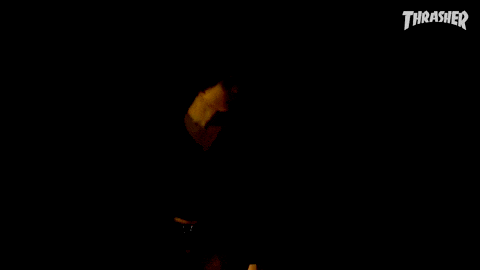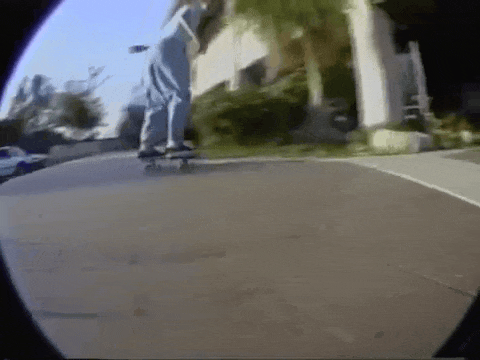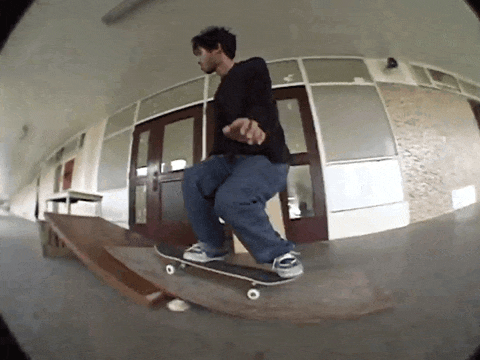The Rules of Skateboarding #21: Jerry Hsu
Illustration by Cosme
Anyone can start a skate brand these days. Once you’ve made some product, have it up online or on the wall at your friends shop, and created and Instagram account, you’ve checked enough boxes to say that you’re officially “doing it”.
In this era of simplified brand creation, it’s especially hard for new brands to stand out. Sci-Fi Fantasy however, definitely does.
But like…what is it? Is it a hat brand? Kim K wears it? Oh shit, that tech girl Arin skates for them? Wait, Ryan Lay has a board now? They make boards?
The brand’s founder, Jerry Hsu, seems to have an approach running a skate brand that’s somehow both non-traditional and familiar at the same time. For this month’s Rules of Skateboarding, Ian Browning talked with Jerry about his rationale behind actually making boards and the decision to start do something in this weird industry the first place.
What happens when Kim Kardashian posts a picture wearing one of your hats?
Well, the first thing that happens is everyone I know sends it to me. My first reaction when stuff like that happens is, “I don't know if this is good or bad.” That's kind of what happened with that one. I didn't immediately think it was a good thing. In reality, it doesn't matter because you can't control that kind of stuff. It doesn't make a huge difference.
If that particular hat was on our webstore, it would have done really well. When a person that's that famous does something like that, you do notice. You can see how many people go to the site, how many followers you get, all that kind of stuff. But whether that stuff lasts? Someone could follow it and then a day later be like, “Oh, this isn't really cool,” and unfollow. There's nothing you can do.
Hard goods, notoriously, haven't been the most lucrative thing to sell in skating. I think in a lot of ways, you have done things backwards with Sci-Fi — a lot of companies are really just trying to build up enough momentum so that they can sell t-shirts that actually make a profit. Was starting a board brand always your goal?
No, I mean, starting a brand wasn't even my goal. I really just started it as kind of an art project. And then it just changed over time, because I realized what it could be. I was always so relaxed, and had no goals about what I wanted it to be. I didn't want to dictate anything; I just wanted it to become what it was meant to become.
In the beginning, I just wanted to make a few things and give them to my friends. And then it sort of told me what it wanted to be.
Being a pro skater was something where I was kind of like, “I'm not really having fun doing this.” I was really depressed at that time, and didn't know what to do. I was working on my photography, and just wanted to do that full time, but that was also making me depressed, because I was reaching kind of a weird place. It wasn't making me happy either.
My wife, I think she was sick of me just being at home and depressed. She was like, “Why don't you just write down a few names of things? You’re good at naming things. Just come up with some ideas; don't think about what it's going to be.” And she threw this notebook at me. I just started writing stuff down, and that's how it happened.
I was like, “I think this could be cool on a hat.” A fun hat to wear. So she even found a hat manufacturer here. It’s the one I still use today. We had a meeting with them, and I just made the minimum possible, which was 24 (hats), and that's how it all started. I just gave them to my friends. That was a few years ago, summer of 2017 or 2018. I was actually really stubborn and I didn't want to make a company or anything, but I also wasn't making money anymore. So I was like, “Oh, well, maybe I'll just try this.”
That’s funny. Can you talk a little bit about starting a formal team, and how that came to be?
Like everything with Sci-Fi, it's been sort of backwards, like you said, or maybe untraditional. We grew up in a time where, when you started a company, there was a formula. You'd open up a magazine, and it would be like: “COMING SOON.” You didn’t know what it was. They've already borrowed $100,000 to start a company, and their team is ready. They're filming a video, there's ads, all this stuff. We don't have to do that anymore.
I was really reluctant to make boards and have a team. I just wanted to do this all by myself. Then I found Arin online, and I started talking to her. She really loved it. When I made boards, she was riding them. She was like, ”People ask me if I ride for Sci-Fi. I think that's cool.” And I was like, “Well, just tell them that you do.” So that's how Arin got on.
People ask Arin if she rides for Sci-Fi. She thinks that's cool. We think it’s cool Arin does ride for Sci-Fi.
She was the one who made me think that I can sponsor anyone I want, and that I can help them do what they want to do. That's kind of how it started. Even then, I was kind of like, “What am I doing?” I had such a mental crisis about making boards, because of how I grew up. I thought that if I made boards, then I’d have to have a team, I’d need to make videos, and I’d need to have ads in magazines. That weird, skateboard-traditional sort of mindset. I finally realized making skateboards is not a big deal, and that I don't need to freak out about it. They're just like anything else. If it doesn't work, just stop making them. I’ve made lanyards and calculators. Just make a skateboard. It doesn't really fucking matter. Then once I did, I was like, “Shit. Making boards is awesome.” It's more fun than making t-shirts and everybody seemed to be so happy about it, so I just kept going.
And then with Ryan Lay, I've known him since 2006, I think, because he rode for enjoi for a minute when I did. I've always liked him, and I've always liked his skating. He was just ripping the last couple years. I've been following him and he was, you know, on Instagram, liking stuff, and commenting, and stuff like that. I would send him a hat, like, “Oh, I think you’d like this.” Then all of a sudden, he was like, “Hey, things aren't really working where I am, what's up? Do you know what your plans are with this stuff?” And honestly, I was just like I am right now: “Yeah, I don't really know. But if you want to do this, we can actually do it.”
So that's kind of how that happened. I grew up in a time when it was like, “We're gonna form the super team, and we're gonna change the world.” It was lofty, and serious, and ridiculous. I just wanted to make a skate company that was quiet, mysterious, and makes cool stuff. I really fight to keep it small.
Do you have a favorite team or era of teams in skateboarding history?
I was just thinking about this actually. I really loved the 1993 Foundation team. This is the Tentacles of Destruction era: Steve Olson, Heath Kirchart, Steve Berra, Frank Hirata, Leigh Peterson — that era. I really, really, really loved Josh Beagle, and I love their videos. I was even in the Tum Yeto fan club when I was a kid. I have a little card at my mom's house.
Josh Beagle fakie heelflips a bank from his part in Foundation’s Tentacles of Destruction.
That was probably one of the first teams that I really loved, and bought their boards. Early Toy Machine, like, Welcome to Hell Toy Machine. That team. I mean, I was also a fan of super teams like Plan B. All that stuff was going on when I started skating.
What was your favorite team to be on? Or what team had the best overall vibes?
Well, the original enjoi team, definitely. Because it was just kind of Tiltmode skateboards. We were all so close at that time, and with that Tiltmode energy, Marc created enjoi. enjoi is different from Tiltmode, for sure, but I think that energy is what really made it special in the beginning. It really set the tone of what enjoi would become.
I had also just quit Maple Skateboards before that, which was my very first sponsor. I had to leave that to ride for enjoi, and that was very hard to do, because they did so much for me. I remember, they were like, “You shouldn't do this. This is a really bad idea,” and that was scary for me to hear. I was only like 17 or 18. But it was the right choice. Those were the best, most special times because I was at the beginning of a board company, and these were my really close friends. Marc’s ideas were so great and so fresh at the time.
It's easy to say this now, however many years later, but I mean, it's hard to overstate the impact that Man Down had on skateboard culture at that time.
Yeah. People still come up to me and talk to me about it. That's incredible, and sometimes surprising. Also looking back in the context of skateboarding at that time, videos like Tiltmode and Man Down, skateboarding kind of needed it. Because it was a reaction to that Zero mentality. You know, there's nothing wrong with that, but it was really suffocating skating, I think.
Don’t get us started on how much we love Tilt Mode’s Man Down.
You said you want to keep Sci-Fi mysterious, but as it leans a little bit more towards a traditional board brand model, do you think that things like logo boards, tours, and video edits are on the horizon?
Yeah. Because, you know, why not? Even though I've done it for so long, being in charge is different. It's just an opportunity to keep going and doing what I like to do, but control it. So yeah, going on trips, sponsoring more people, and giving back is what I want to do now. At first I was so reluctant, but I kind of like the idea that I can sponsor people and help them achieve what they want to achieve. That makes me feel really good.
Last question, then: Do you have a dream rider, or a dream tour?
I have plenty of dream riders, but I can't really say who they are — that would just be uncomfortable. They all have solid sponsors. My dream rider is honestly Neil Blender from 1989. I loved him and his brain.
As far as trips, trips are the most annoying thing. I kind of hate this question, so it's going to be difficult to answer. Wherever my team wants to go. I really like Asia, and would like to explore there more. I know no one wants to see China anymore, but it would really be fun to just go to some hidden, forbidden city. I've always loved Eastern Europe, too. I used to go there a lot with Kenny Reed. All those types of places are so weird. I'm kind of interested in them for other reasons, too. I don't know if that answers your question. There's no dream place.




